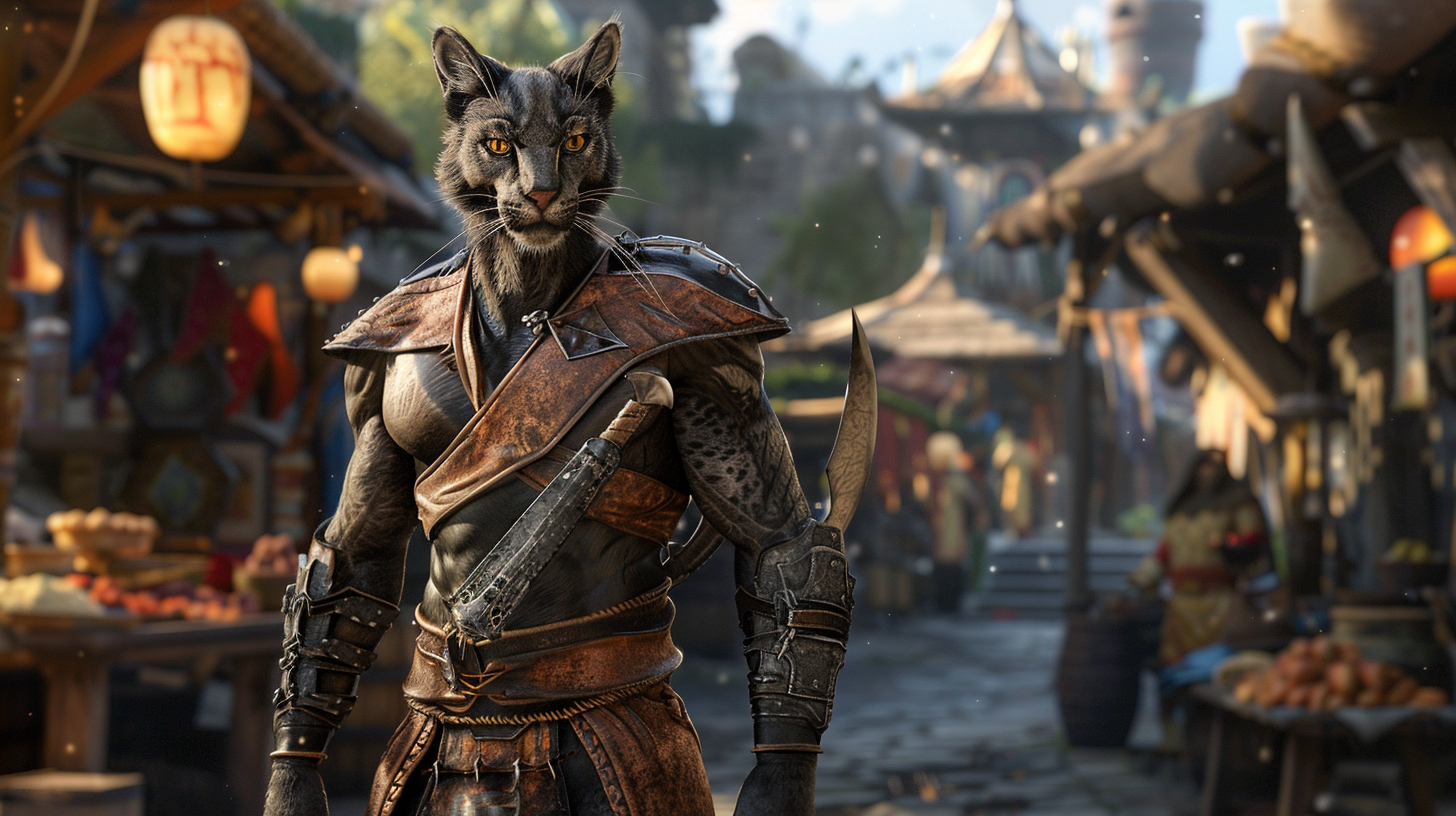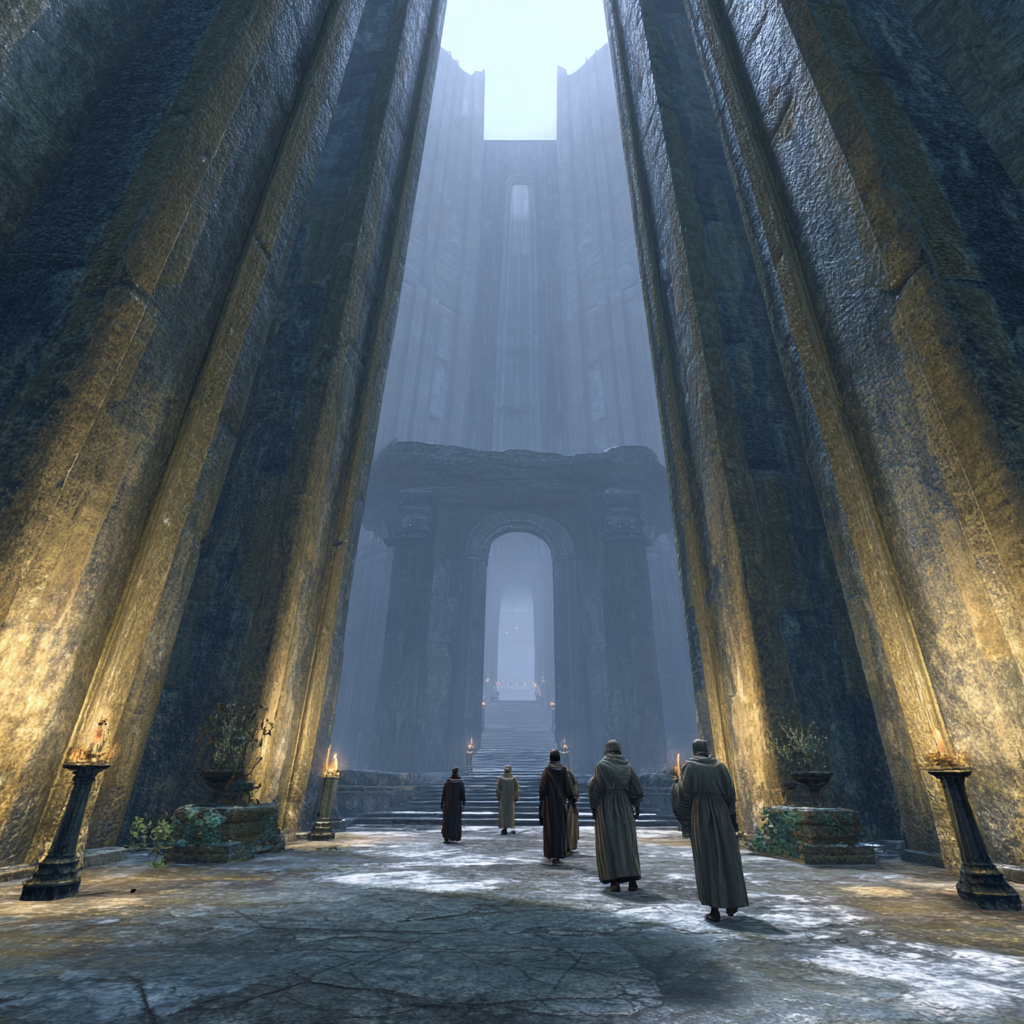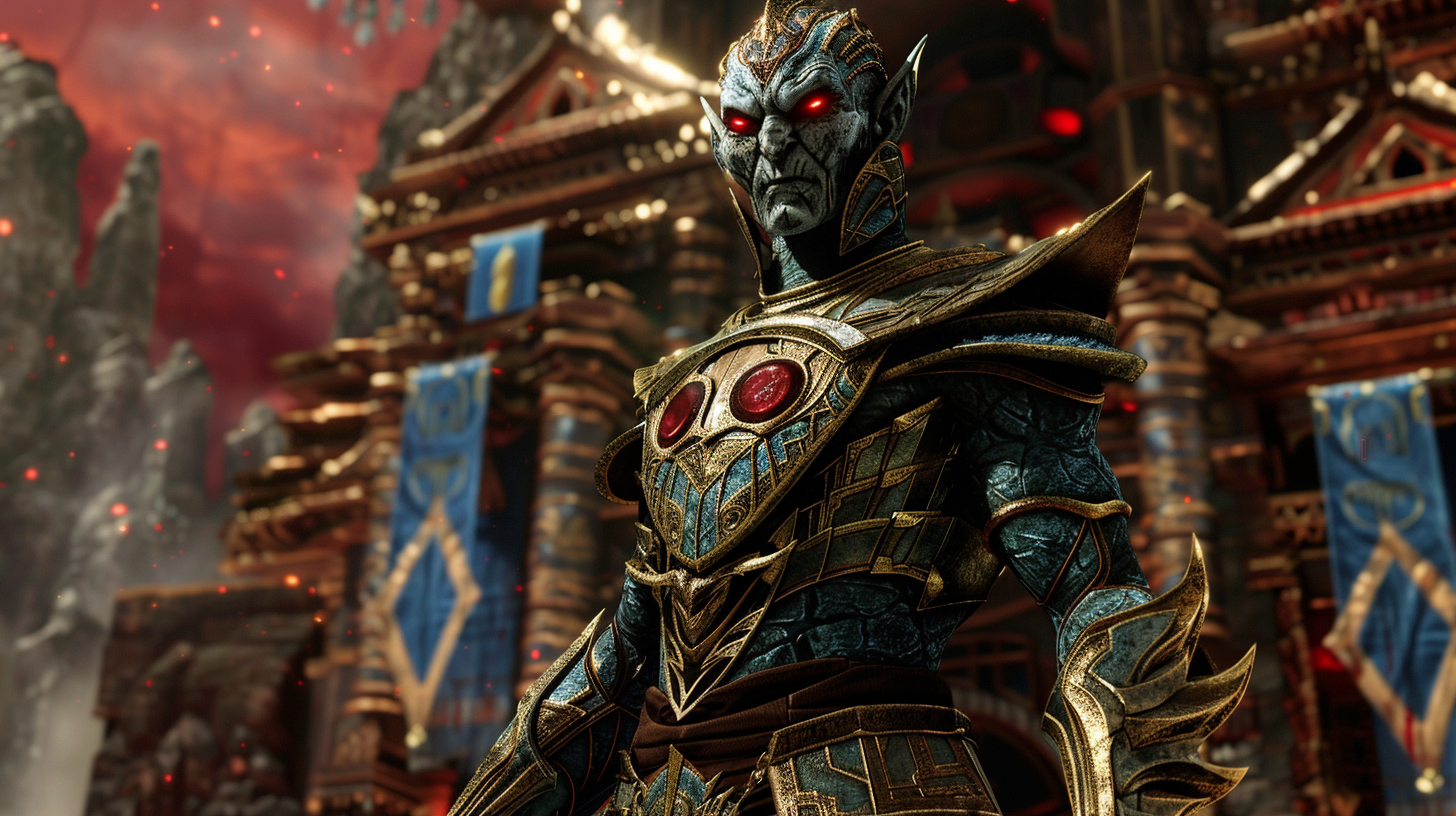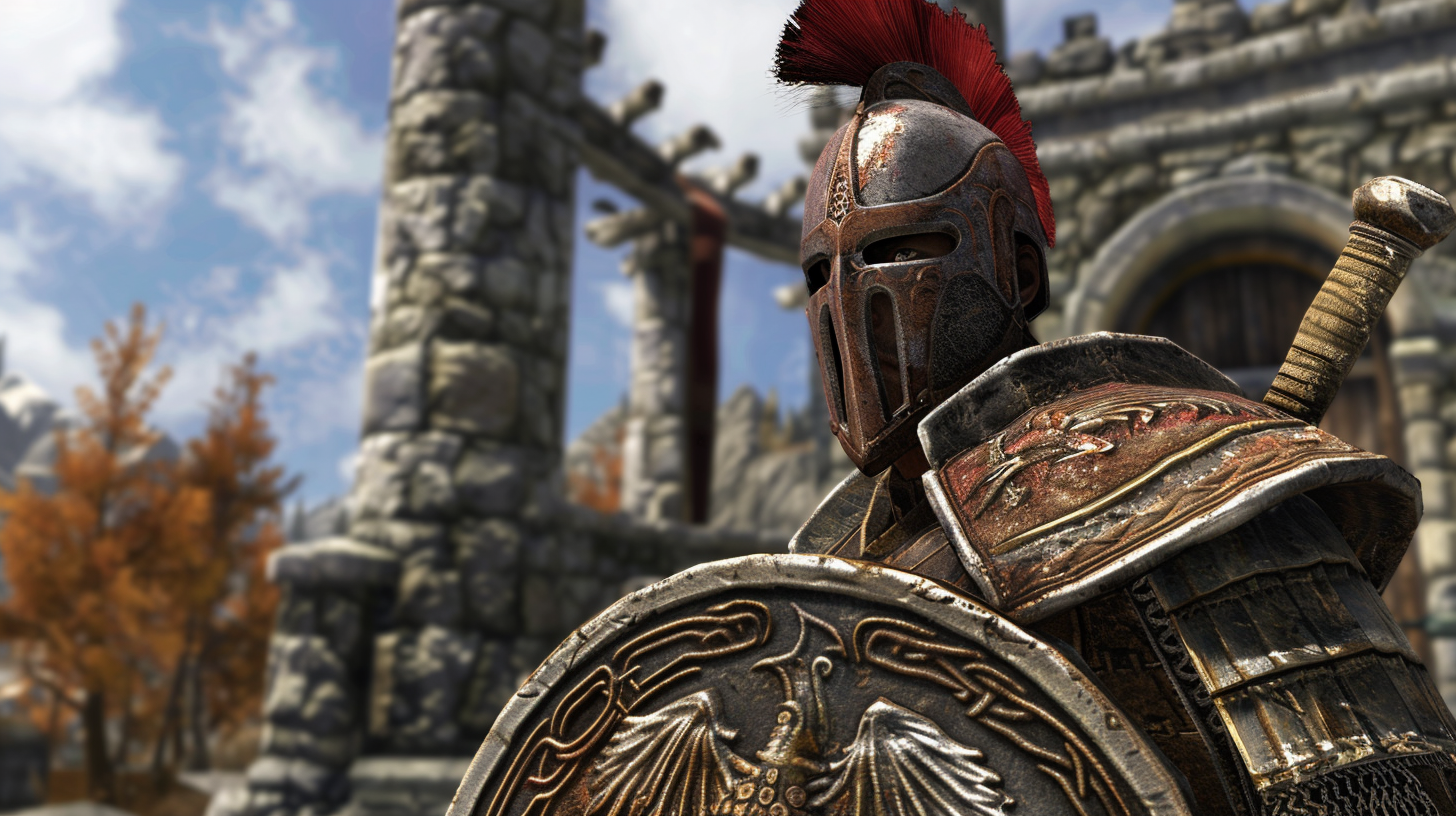The intricate web of guilds, factions, and moral choices within Morrowind and Oblivion forms a crucial layer of their deeply engaging virtual experience, allowing players to actively shape the narrative and direction of their play. These systems transform mere quest lines into interwoven sagas, each offering unique rewards and consequences that profoundly impact the player’s journey and provide countless hours of entertainment.
In Morrowind, joining the three Great Houses (Redoran, Hlaalu, Telvanni) presented players with fundamental, often mutually exclusive, choices. Each House represented distinct philosophies, political machinations, and architectural styles, immersing the player in the complex power struggles of Dunmer society. The risk of alienating one House by aiding another added significant weight to decisions, fostering a genuine thrill of the game rooted in political intrigue. Beyond the Great Houses, players could join traditional guilds like the Fighters Guild, Mages Guild, and Thieves Guild, each with extensive quest lines that delved into their internal conflicts and offered specialized rewards such as powerful artifacts, unique spells, or access to exclusive training. The secretive Morag Tong, a guild of sanctioned assassins, provided a particularly unique path, contrasting sharply with the morally ambiguous Dark Brotherhood found in later games. This layering of factions, often with conflicting interests, meant that every action had a payout or a cost, turning the virtual experience into a dense tapestry of choices and their repercussions, pushing players to engage in deep strategy games regarding their allegiances. The lack of quest markers in many instances also added to the skill-based challenges of navigating these complex social structures.
Oblivion continued this tradition of rich factional interactive gaming, albeit with a more streamlined approach. Its guilds, while familiar in name, offered some of the most memorable quest lines in RPG history. The Dark Brotherhood, a guild of assassins, became famous for its darkly humorous and incredibly creative contracts, where moral risk was high but the rewards in terms of unique abilities and storyline progression were compelling. The Thieves Guild offered intricate heists and morally ambiguous tasks, while the Mages Guild featured a compelling narrative of arcane conspiracy. Each guild provided its own distinct brand of entertainment and a unique set of skill-based challenges tailored to specific playstyles. While choices might not have had the same broad, irreversible political impact as in Morrowind’s Great Houses, they still offered significant variations in the player’s play experience and unlocked specific payouts in terms of faction-specific items, safe houses, or unique companions. The luck of finding hidden quest givers or stumbling upon a unique side story contributed to the sense of discovery. Both games underscored the power of faction-based progressive play, where advancement within a guild not only conferred new titles and abilities but also reshaped the player’s identity and reputation within Tamriel, deepening the overall gaming immersion. The Aussie gaming community, like many global enthusiasts, cherishes these systems as they allow for unparalleled replayability and varied narrative experiences within the online games framework.




